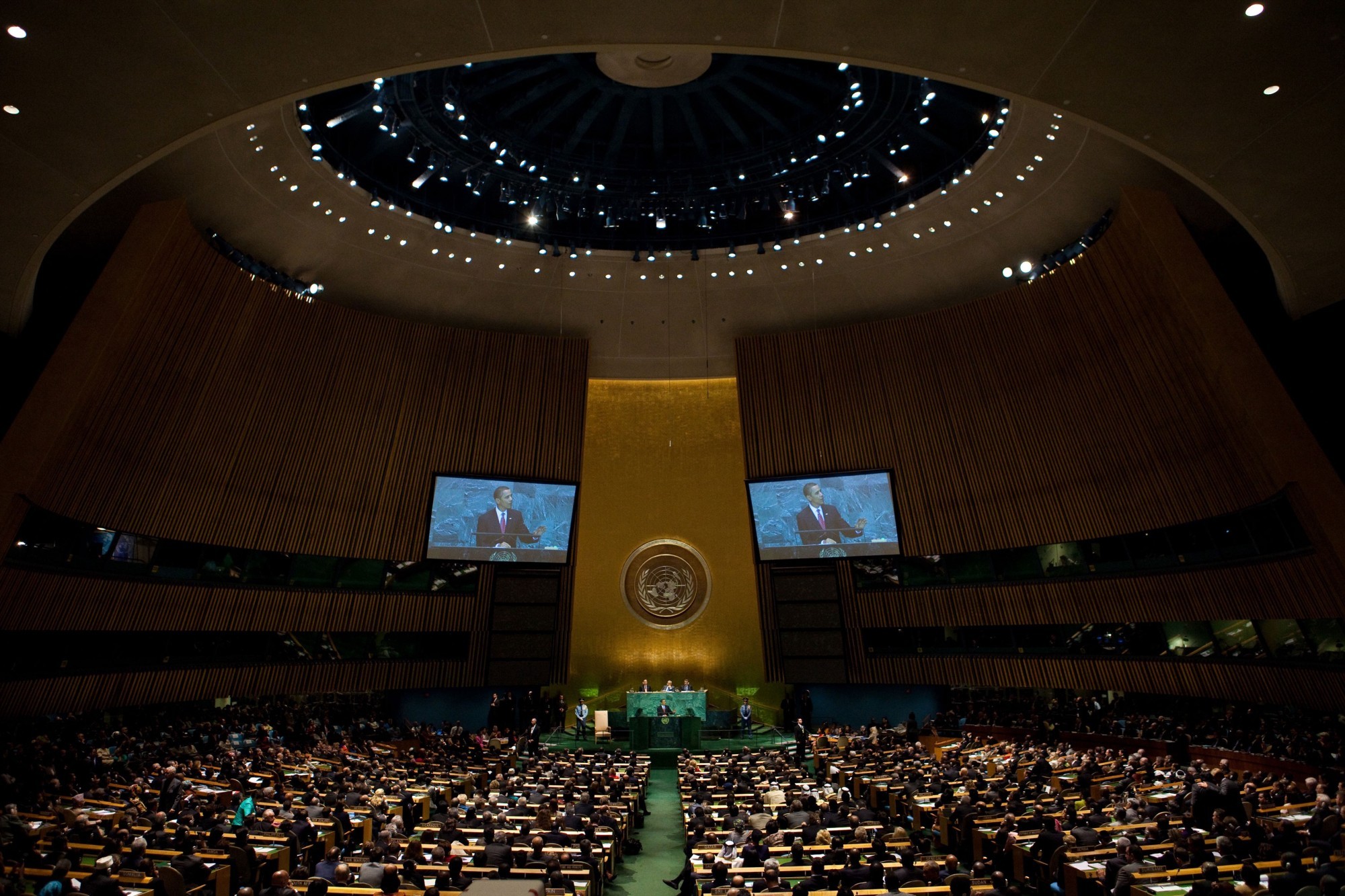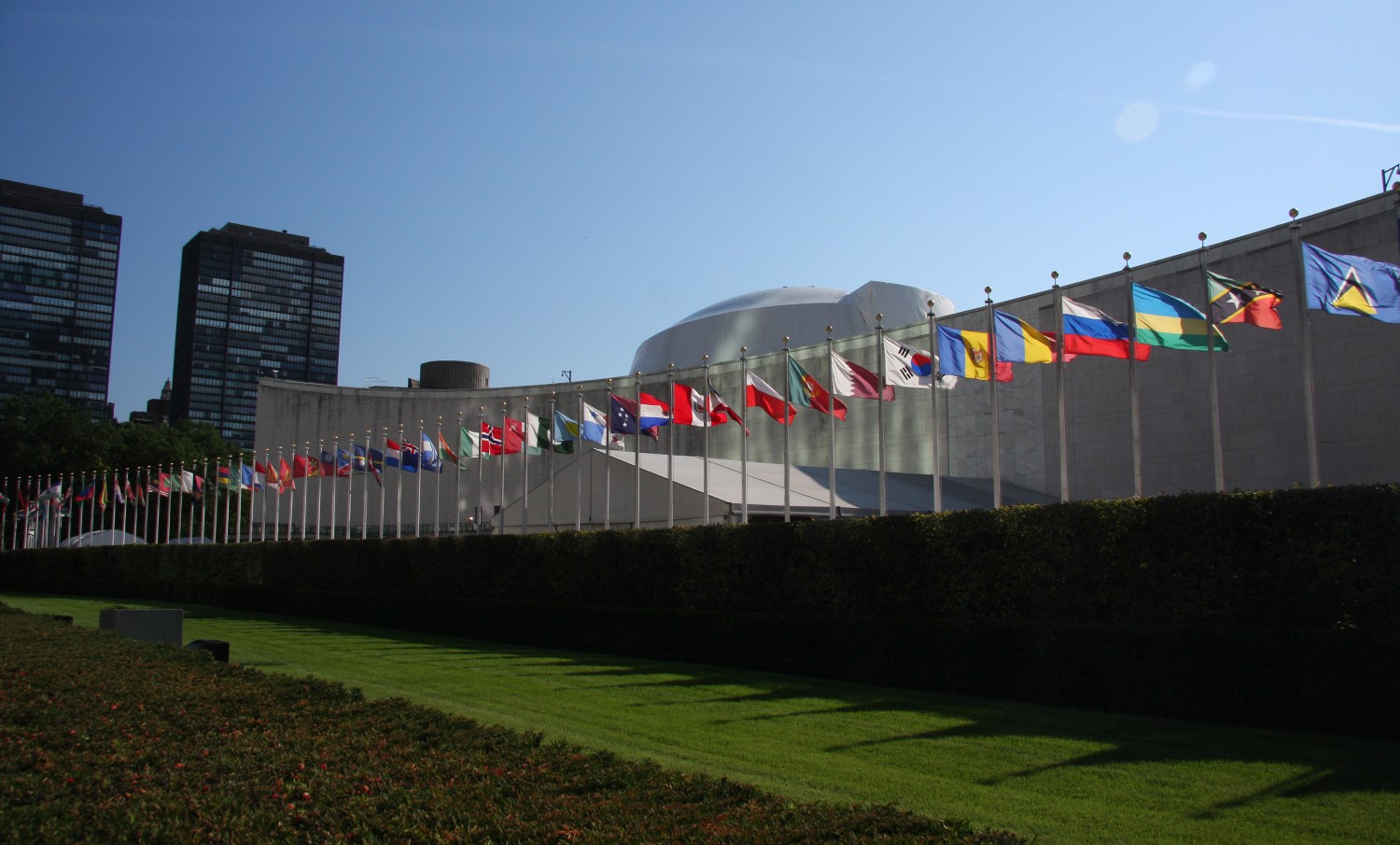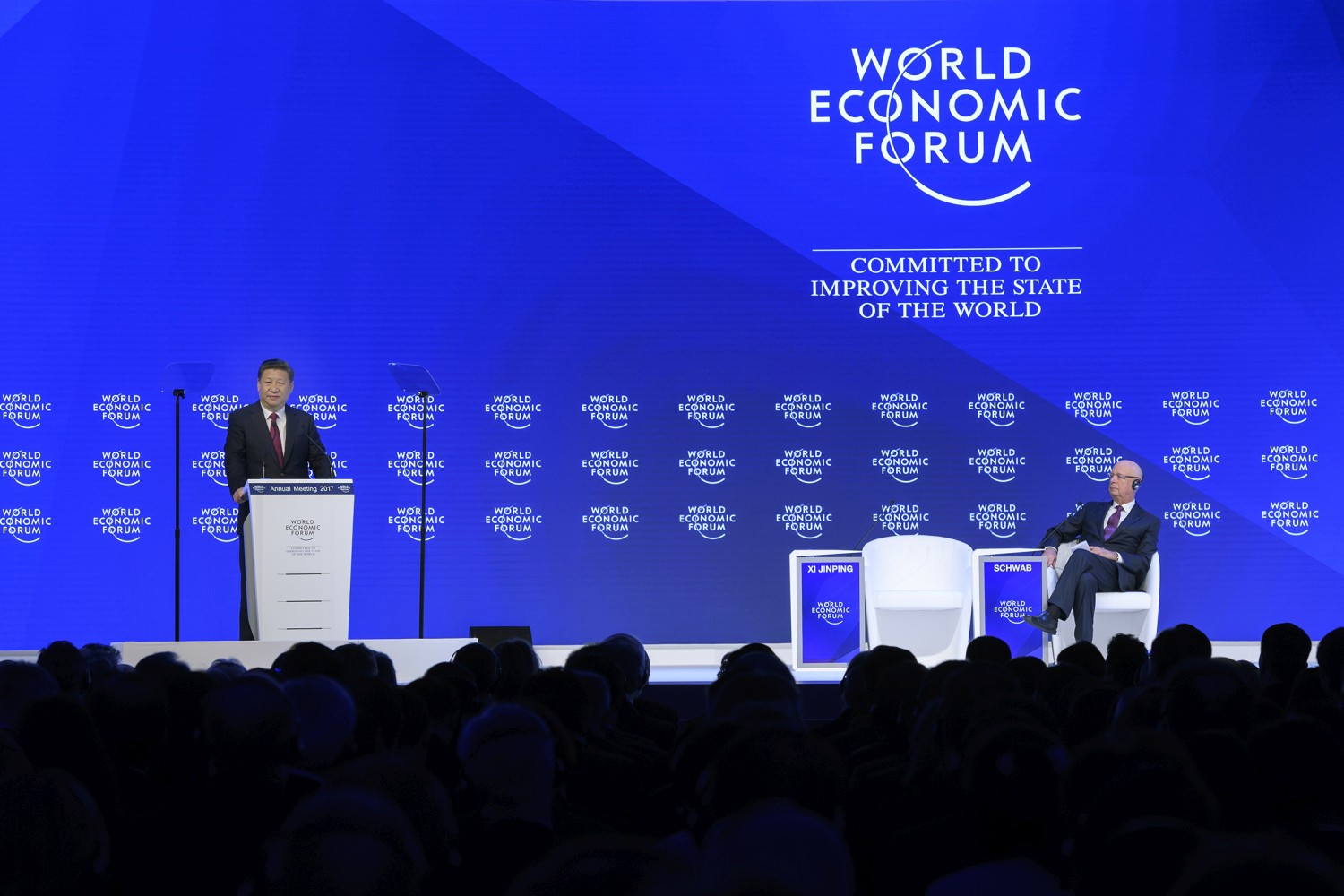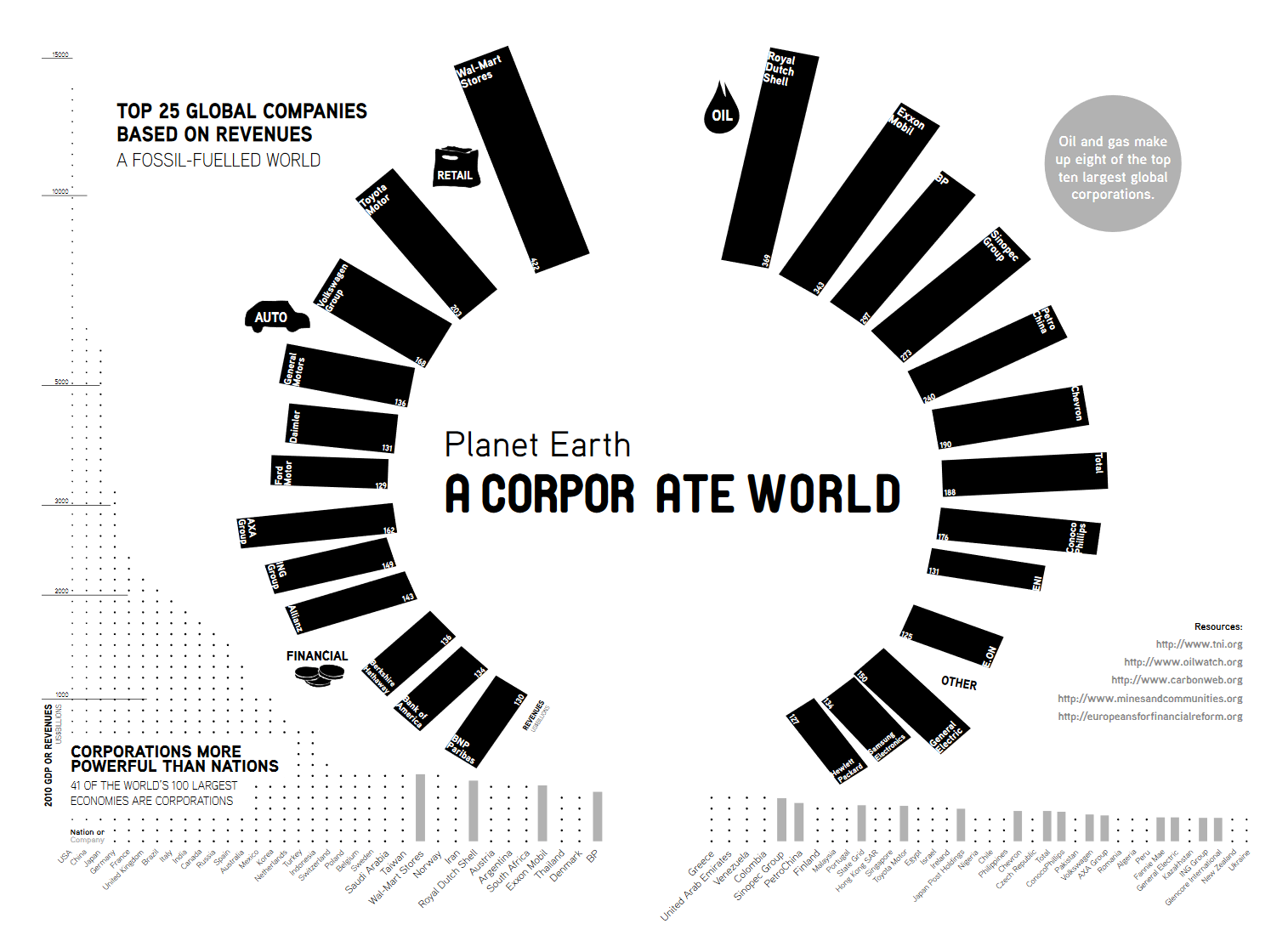Globalization
The New Imperialism

Globalization encompasses three institutions: global financial markets and transnational companies, national governments linked to each other in economic and military alliances like for example the European Union and NATO, and rising global governments such as United Nations, World Trade Organization, World Health Organization, International Monetary Fund, and World Bank. These global institutions are run by the richest people on earth, a collection of elite groups whose unifying ideals transcend geographical limitations.* Charles Derber wrote thatthese interacting institutions create a new global power system where sovereignty is globalized, taking power and constitutional authority away from nations and giving it to global markets and international bodies.* For example the power elite of the IMF lend fiat money to countries, indebt those countries and thus gain power over the governments and people of those countries. The governments of those countries are forced to use taxpayer money to repay that borrowed money with interest. See also dependency theory and neocolonialism.
Timothy Parsons - The Rule of Empires
Imperial conquerors have tried to hide their naked self-interest by promising to rule for the good of their subjects. This was and always will be a cynical and hypocritical canard. Beneath the self-justifying rhetoric of benevolent paternalism and cultural superiority lay economic exploitation and the desire for power.
The slogan of for example the World Economic Forum isCommitted to improving the state of the world**. But for whom? With the rise of power of these entities we also see the rise of extreme inequality in the world. With the rise of materialism comes the decline of morality. Growing extreme inequality explains best how beneficial these global institutions are for the world's richest people who run them.
The New Imperialism
Imperialism is defined as...
Merriam-Webster - Imperialism
The policy, practice, or advocacy of extending the power and dominion of a nation especially by direct territorial acquisitions or by gaining indirect control over the political or economic life of other areas.*
Imperialism and globalization have much in common. The power elite of multinational corporations abuse cheap labour and inhumane laws in countries like China and India to give a boost to their profit by exploiting those country's resources and people. Globalization shifts power from nations and their governments into the hands of the power elite who run powerful global organizations. Globalization is in essence against sovereignty and democracy. Nation states become puppet states of the global organizations run by the richest people and the power elite under their control.
Frédéric Bastiat - Economic Sophisms
When plunder becomes a way of life for a group of men in a society, over the course of time they create for themselves a legal system that authorizes it and a moral code that glorifies it.
Globalization is the new imperialism which is fanatically propagandized by these power elite and their media.
Multinational corporatocracy
Shannon Calderone, Robert A. Rhoads - Neoliberalism, the New Imperialism, and the 'Disappearing' Nation-State
The logic of modern economic development has redirected critical discourse on globalisation from a critique of the self-regulating nation-state to a more intensified focus on the role of transnational and multinational entities in promoting global economic disequilibrium. ... International economic integration through regionally based trading blocks, migratory patterns of a new mobile labor force, expansion of technological capabilities that place international transactions in real time, and elevated levels of foreign investment all serve as prima facie evidence of a new economic world order that positions multinational corporate interests above those of the nation-state.*
Corporatocracy is an economic, political and judicial system controlled or influenced by business corporations or corporate interests. In 2010 41 of the world's 100 largest economies were corporations. In 2016 71 of the world's 100 largest economies were corporations.* Corporations owned by the richest people on earth are more powerful than governments.
United Nations

Strobe Talbott - America Abroad: The Birth of the Global Nation
I'll bet that within the next hundred years, nationhood as we know it will be obsolete; all states will recognize a single, global authority. ... The Cold War also saw the European Community pioneer the kind of regional cohesion that may pave the way for globalism. Meanwhile, the free world formed multilateral financial institutions that depend on member states' willingness to give up a degree of sovereignty. The International Monetary Fund can virtually dictate fiscal policies, even including how much tax a government should levy on its citizens. The General Agreement on Tariffs and Trade regulates how much duty a nation can charge on imports. These organizations can be seen as the protoministries of trade, finance and development for a united world.
Strobe Talbott was the sixth president of the Brookings Institution which is sponsored by the Rockefeller and Ford Foundation. A puppet of the richest people on earth. In 2002 UN Secretary-General Kofi Annan said:Arguing against globalization is like arguing against the laws of gravity.** Globalization is the iron will of the globalist elite.

